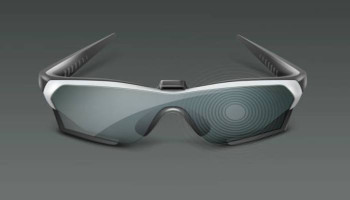
Elon Musk’s brain-chip company, Nueralink, has announced its plan to enrol three patients in a long-drawn research study intended to help further evaluate its brain chip.
While this isn’t the first instance of a human-based brain implant, the company aims to give paralysed persons the ability to interact with digital devices through the power of their minds alone.
In March this year, Noland Arbough, a 29-year-old with paralysis from the shoulders down who received the implant, shared his experience on X (formerly Twitter) of being able to play chess without any physical intervention.
Read more: Natwest banking app down
Users were left stunned as Arbough demonstrated how he moved the cursor and chess pieces with his mind alone.
Having shared details of the trials, Musk became the focus of backlash from brain implant researchers and former regulators, who decried Musk’s failure to comply with the industry-standard practice of sharing initial findings, as reported by Reuters.
Besides resonating with the sentiment, be it with a softer stance, the US Food & Drug Authority declined to comment further.
Owing to the nature of the implant, the company has defined a particular criterion for its subjects, requiring participants to be of ages between 22 and 75 years, and suffering pre-existing conditions such as quadriplegia.
Without improvement for at least one year and a life expectancy greater than or over a year, the criteria also require patients affected by limited movement of arm, hand and wrist, owing to a spinal cord injury.
The first “early feasibility” study will begin in January. While the primary stage is expected to be completed by 2026, it will conclusively end in 2031.
















